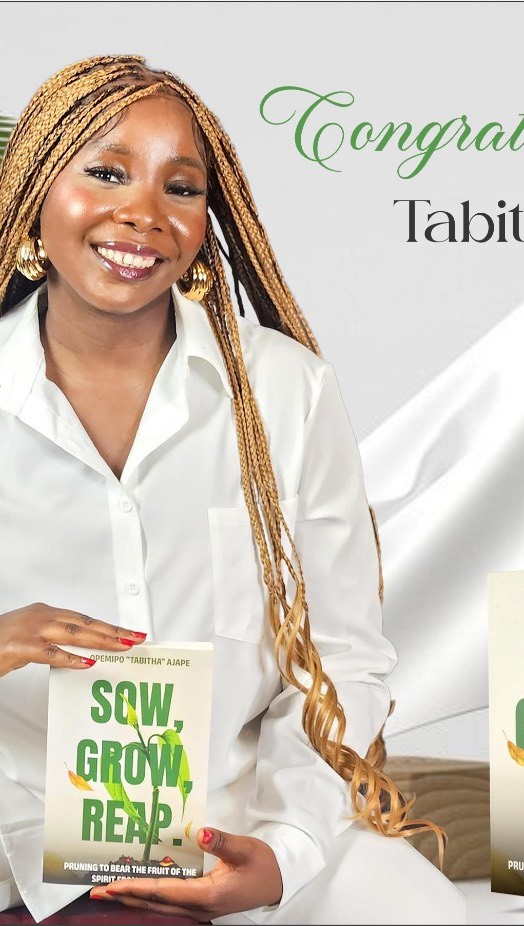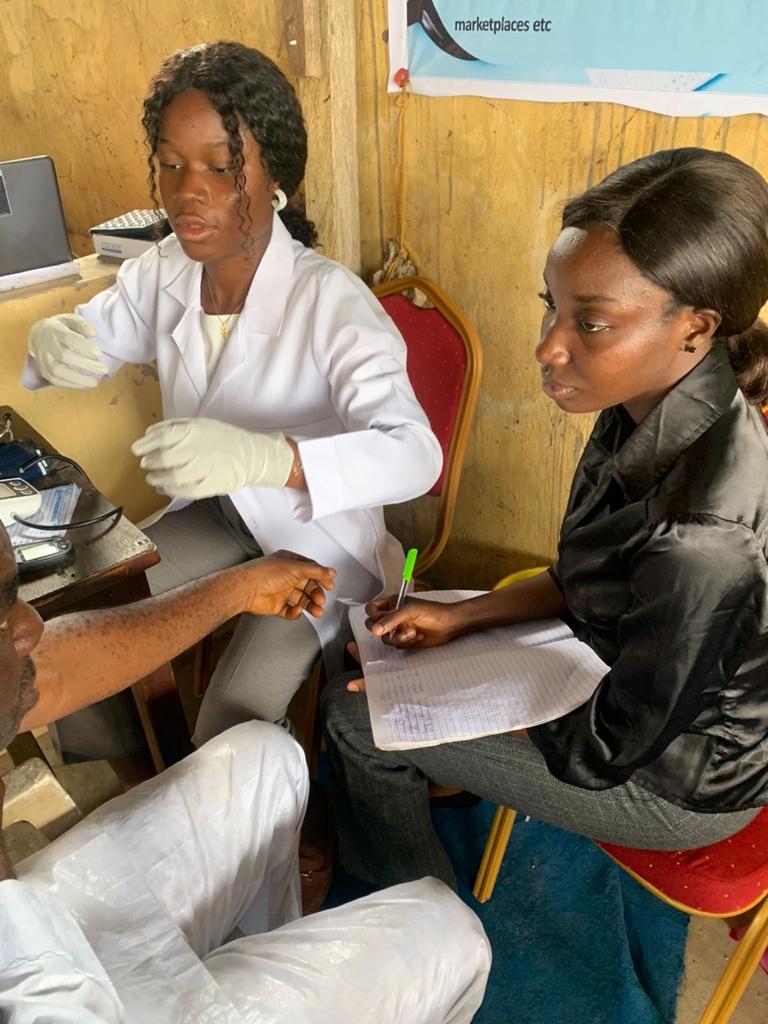“It Can Never Be Me” — Until It Is
Tabithainsp
May 12, 2025

Have you ever heard a friend share their story of being in an abusive relationship, or maybe you came across a post online about someone struggling — and you subconsciously told yourself:
“It can never be me.”
Years pass, and suddenly, it is you.
The same kind of pain you once judged from a distance now has your name on it.
This isn’t just about relationships.
It’s about life — the unexpected turns, the humbling reversals, and the things we never imagined would find us.
We’ve been taught to speak life over ourselves, to believe in God’s protection and provision, and to avoid judging others so that we ourselves are not judged. And while faith is essential, humility is just as crucial.
Even the Bible reminds us that “in this world, you will have trouble. But take heart! I have overcome the world.” (John 16:33)
Trouble comes, even to the most faithful.
Take Job, for instance. A righteous man who honored God. If anyone had reason to believe he was protected from suffering, it was Job.
Yet, in a single wave of tragedy, he lost his children, his wealth, his health, and his status.
Not because he sinned, but because life — in its mystery — unfolded a chapter he never could have predicted.
Job never saw it coming. He never thought it could be him. But it was.
Or take Jacob, the father of Joseph.
He loved his son deeply, and sent him on a simple errand. He had no reason to think harm would come.
But before he knew it, he was grieving a son he believed was dead — torn apart by wild animals.
In truth, Joseph had been sold by his own brothers.
Jacob didn’t plan to lose a child that day.
He didn’t think his family could be capable of such darkness.
But life turned — and he was devastated.
In psychology, there’s a term called “defensive attribution” — it’s the belief that bad things happen only to others because they must have done something wrong. It’s a defense mechanism to protect our sense of safety and control.
There’s also the “just world hypothesis” — the idea that the world is fair, and if we do good, only good will happen.
But life doesn’t always play by those rules.
Some of us grow up thinking we’ve found the perfect formula — the right prayers, the right mindset, the right habits. And we believe that as long as we follow these formulas, pain and misfortune will skip over us.
But that’s not how life works.
I’ve never met anyone who prayed for a child that would need 24/7 care, or a diagnosis they weren’t ready for.
In our younger years, we looked at the uncle who hadn’t “made it” or the neighbor whose kids “went off course” and thought they were just lazy or unserious.
Until we got to their age — and realized the weight they were carrying.
I remember as a kid, my dad used to warn us not to waste food or resources. He told us stories about children who had to hawk goods before school, some who didn’t even have sandals. I remember judging their parents in my heart — wondering what kind of adults would let their children live like that.
What I didn’t know was that I would lose my father far too early…
…and I, too, would taste lack.
I’ve seen parents who raised their children in strict, structured homes — confident that “my child could never go astray.”
Yet I’ve watched some of those same children land in psychiatric hospitals or worse, in morgues.
I’ve seen people confidently say, “My marriage will never fall apart” — only to face infidelity, betrayal, or emotional pain worse than they could have imagined.
Some of us believe we’d never envy others, because “I’m content in Christ.”
But one scroll through Instagram, and you start wondering why everyone else seems to be ahead — glowing, thriving, rising — while you feel stuck.
Or the woman who was sure she’d “bounce back” after childbirth, because “that’s how it is in my family,” and then reality hits her with a body and a mind she no longer recognizes.
The truth is this:
None of us are above life.
Not the heartbreak.
Not the sickness.
Not the confusion.
Not the detours.
Even Job. Even Jacob. Even you. Even me.
So what should we do?
Extend grace.
When someone shares their struggle, pause before you judge.
When you hear about someone’s child, marriage, or mental health, resist the urge to compare their situation to what you would have done.
Because truthfully, you don’t know what you would do.
You’ve never been them.
We all come from different backgrounds, carry different wounds, and were shaped by different battles.
So instead of saying, “It can never be me,”
Let’s say:
“May God keep me. And if it ever is me, may I find grace, too.”









Wow this is profound and very real. Its amazing how things come full circle. Thanks for the reminder not to judge but be compassionate!!
This is powerful. It is something to meditate on. Thanks for sharing